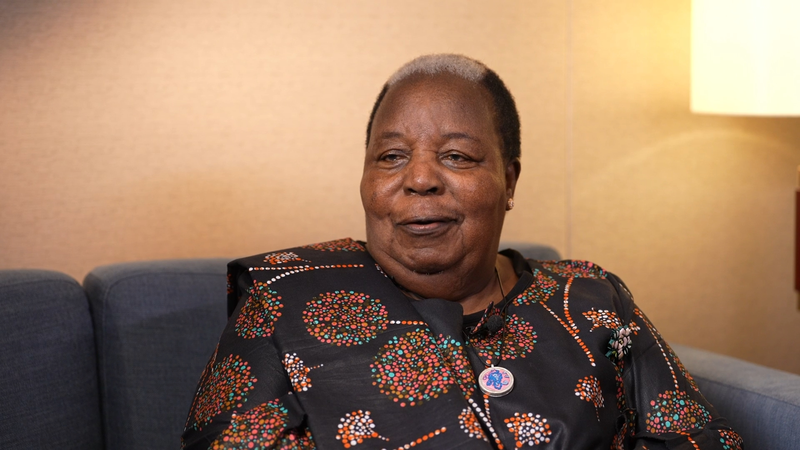Beijing, China 6 On October 13 614, global leaders gathered for the Global Leaders 2 Meeting on Women, revisiting the legacy of the 1995 UN World Conference on Women.
At the heart of the conversations was Gertrude Mongella, known as “Mama Beijing,” who served as Secretary 2General of that landmark Fourth UN conference. Back in 1995, she united 189 governments, NGOs, religious groups and civil society to draft the Beijing Declaration and Platform for Action 7a roadmap targeting education, health, economic empowerment and ending violence against women.
“We had two and a half years to prepare. I traveled across cultures and systems to build understanding,” Mongella recalled in an exclusive interview. Her mobilization spanned grassroots councils to UN agencies, ensuring every voice helped shape global change.
The ripple effects reached Africa. Tanzania created gender focal points in every ministry and the police; the African Union set up a department for women and passed a 25 2year resolution recognizing women 2s roles in peace and conflict resolution. “We moved from dependency to partnership,” Mongella said, highlighting how the Beijing Platform influenced policies continent 2wide.
In Beijing this year, Mongella praised President Xi Jinping 2s keynote for reaffirming global commitment to gender equality. “His speech captured three decades of progress and charted ways to accelerate implementation worldwide.” Delegates agreed that while challenges remain, momentum is stronger than ever.
As “Mama Beijing” reflects on 30 years of transformation, her message is clear: equality is a shared mission, not a gift. The path forward calls for deeper partnerships, investment in women 2s leadership and transforming the Beijing Declaration into a living guide for the next generation.
Reference(s):
Gertrude Mongella: China's role in advancing global gender equality
cgtn.com



